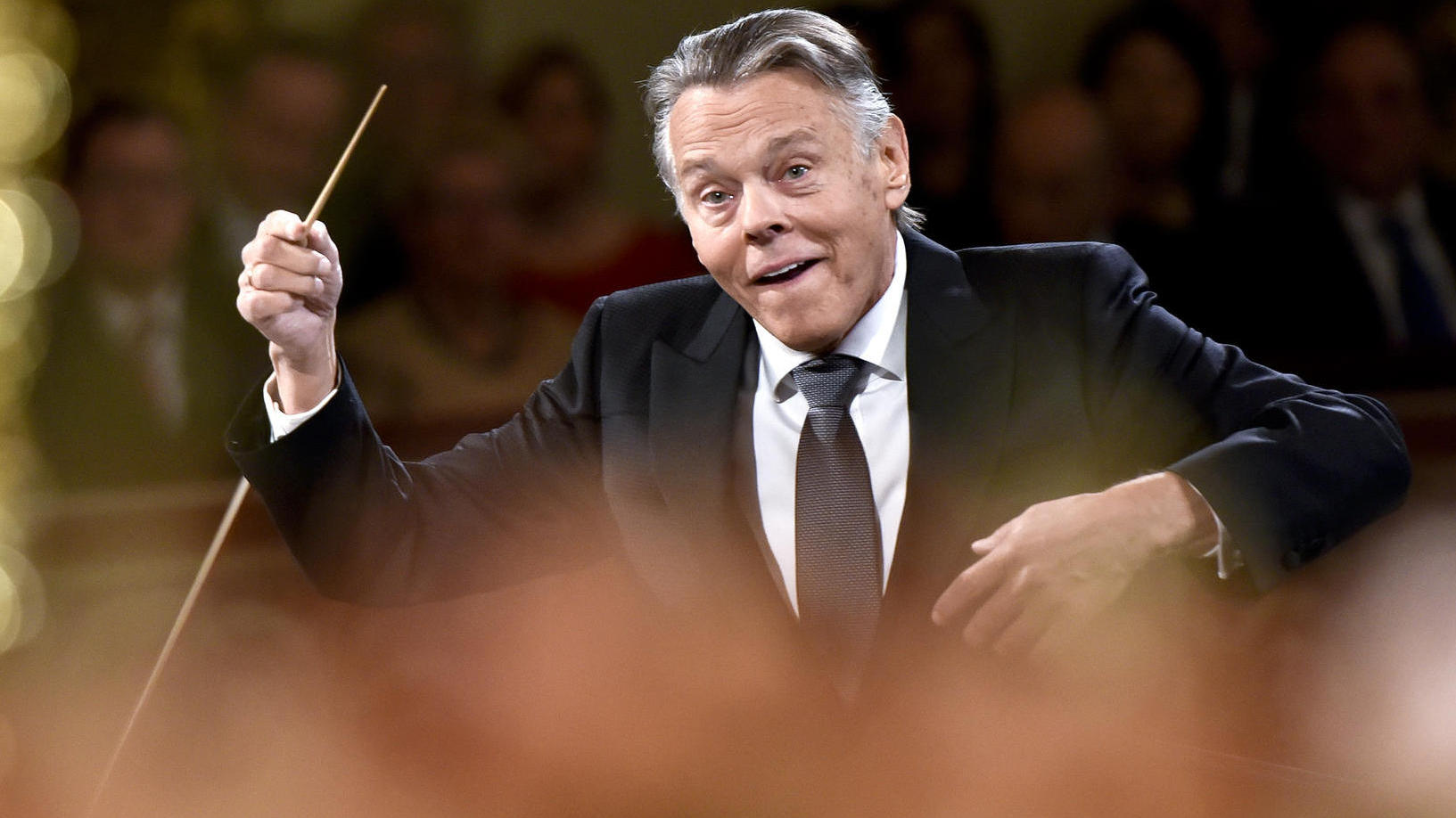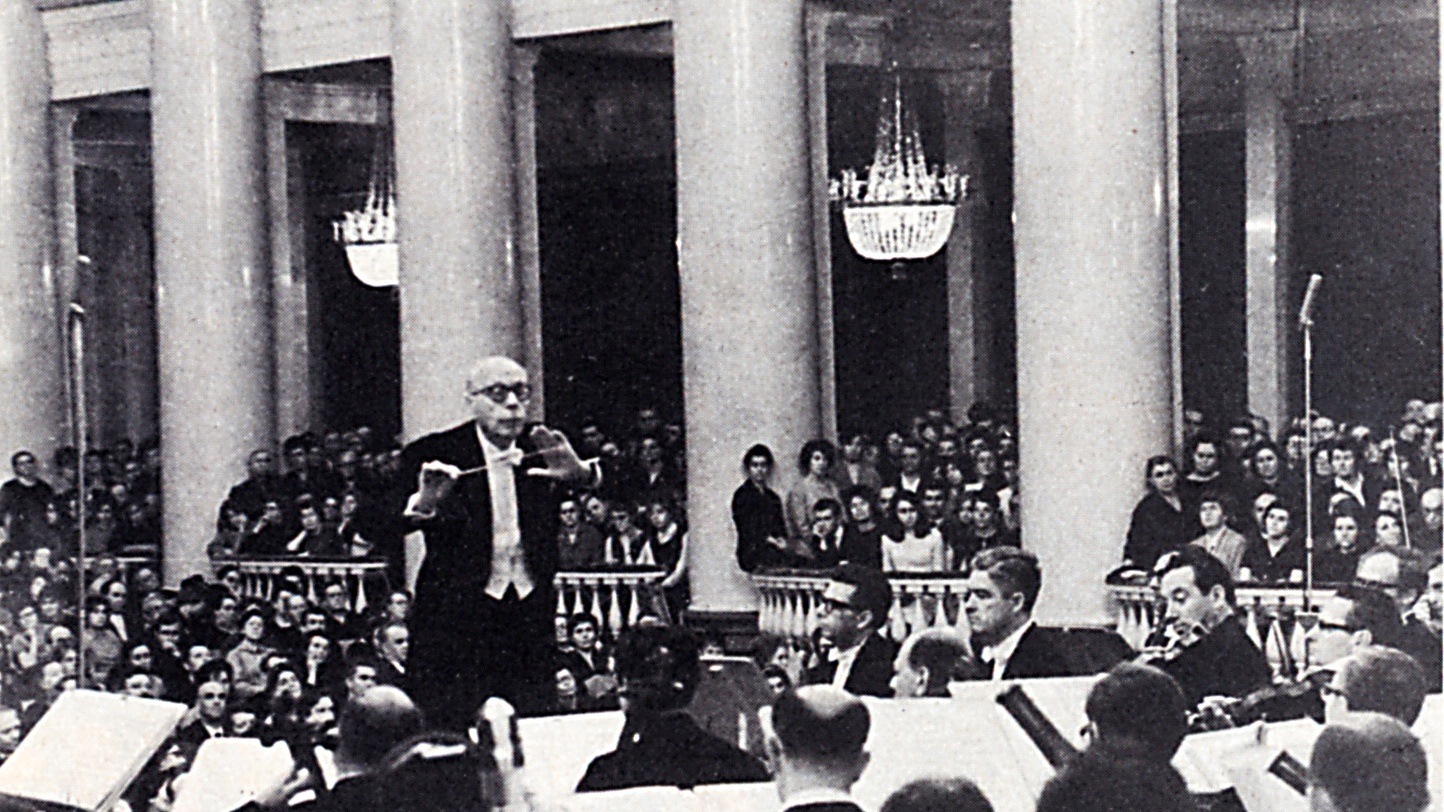Remembering Christa Ludwig
Christa Ludwig, the German dramatic mezzo-soprano, has passed away. She was 93. Ludwig was one of the most significant and distinguished singers of the twentieth century “with a voice of exquisite richness and, when needed—breathtaking amplitude.” (Ted Libbey, NPR) She made her debut in Frankfurt at the age of 18, shortly after the Second World War. Her celebrated roles included Dorabella in Mozart’s Così fan tutte, Kundry in Wagner’s Parsifal, Leonora in Beethoven’s …







